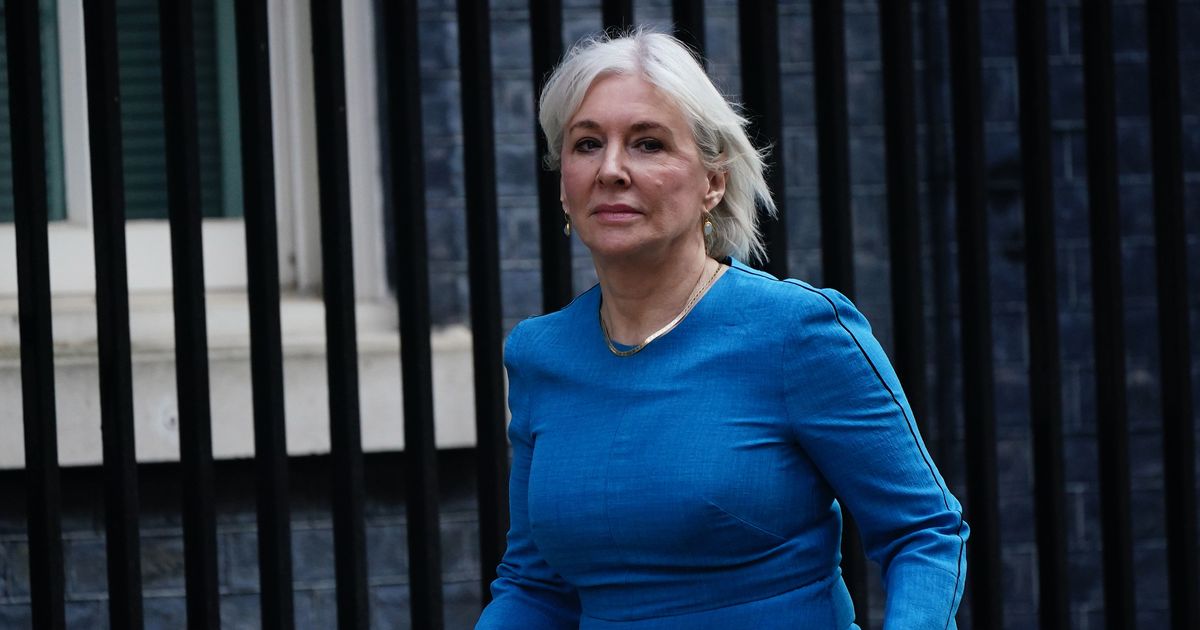
AMC Entertainment’s new APE instruments, AMC Preferred Equity Units, went on the market this morning late in a chaotic session for the major exhibitor, whose primary stock crashed and closed down 41% at $10.46. After-market trading saw a modest increase.
AMC shareholders began receiving APE units through their brokers this morning. Each share of common stock that a shareholder owns is worth one APE. The APES opened at $6.95 and will have the same economic worth and voting rights as common stock. After briefly resuming trading at $9.49, they climbed to almost $10 before ending the session down more than 13% at $6.
AMC made an effort to educate investors with a note of explanation and a tweet from CEO Adam Aron today. AMC stated that while an investor’s economic interest will be determined by the sum of the price of a share of common stock plus the price of an APE, the investor should anticipate that the price of a stand-alone share of common stock will at least initially drop.
IMPORTANT! Keep in mind that since the APE has already completed its initial NYSE trade, the value of your AMC holdings is now equal to the sum of the values of your AMC shares and your new APE units. Rather than only using an AMC share as before, combine it with a new APE unit. pic.twitter.com/zfbo0yXCDp
Adam Aron August 22, 2022 (@CEOAdam)
When the APES were first announced earlier this month, Aron referred to them as a special dividend and present to AMC stockholders. (Apes are also an expression for novice investors that flocked to AMC in 2021).)
The board has approved the issuance of up to one billion of the securities, and the corporation is currently issuing 517 million APEs. AMC benefits from APES because it now has a new currency that it can use to invest in Mandamp;A investment possibilities that will increase shareholder value and improve the firm. These investments will help AMC strengthen its balance sheet by reducing debt and other liabilities. Aron made a suggestion that might apply to Regal theaters that were later closed.
According to AMC, the new securities offer flexibility that significantly lowers any survival risk as we continue to navigate the effects of the COVID pandemic on the path to recovery and transformation.
As Regal parent company and massive chain Cineworld indicated it may file for Chapter 11 in the U.S. to restructure, the pandemic recovery—or lack thereof—is front and center today. It delivered its first bombshell last week when it revealed plans to make a big change after realizing that it was in unmanageable debt and was seeing a decline in ticket sales due to the glut of new wide releases that had replaced a quiet late summer and early fall for tentpoles. Approximately $9 billion of Cineworld’s debt was acquired when it paid $3.6 billion to purchase Regal in 2018. (The UK firm also owes Cineplex of Canada a compensation of about $1 billion for agreeing to buy the business then changing its mind.)
All exhibitors are currently dealing with a subpar film lineup, as CEOs across the board admitted on recent earnings calls. As a result, the news about Regals hurt AMC stock prices as well as those of Cinemark, Marcus, and Imax. Analysts that track the industry, however, see Cineworld’s balance sheet issues as being company-specific.
We don’t see any need for investors to be increasingly concerned because the financial sheets of AMC, CNK, and MCS, or “the other three,” are strong enough to overcome that bad slate. Additionally, given the favorable attendance and per-customer spending dynamics over the previous 6–12 months, we see an alluring setup for the exhibitors going into the stronger film slates in 4Q22 and 2023, wrote Eric Wold of B. Riley Securities in a note.
AMC will have access to a sizable quantity of additional financing through APE securities, and he sees Regal’s problems as perhaps benefiting AMC.
Although we believe that Cineworld’s bankruptcy filing would primarily focus on reorganizing the balance sheet, we would not completely rule out the possibility of asset sales. We think AMC might become a buyer because it already owns and runs theaters throughout Europe. Regarding Regal properties in the US, Wold said that AMC would use lease takeovers to get around market share limits.
Aron merely needs to control the fluctuating meme stock price. Early in 2021, when passionate, outspoken retail investors flocked to the stock to support its surge and defeat short sellers who had bet the shares would decline, AMC became the face of memes. The shareholder base was totally switched from institutional to individual ownership as a result. They helped AMC stay financially stable by causing the stock to soar during Covid at a critical period, allowing AMC to raise cash by selling shares at the inflated prices. Since then, Arons’ unorthodox approach has been to use humor, collaborate with the group, and involve them in decision-making wherever possible.
Stay in touch with breaking news by subscribing to Deadline Alerts.















